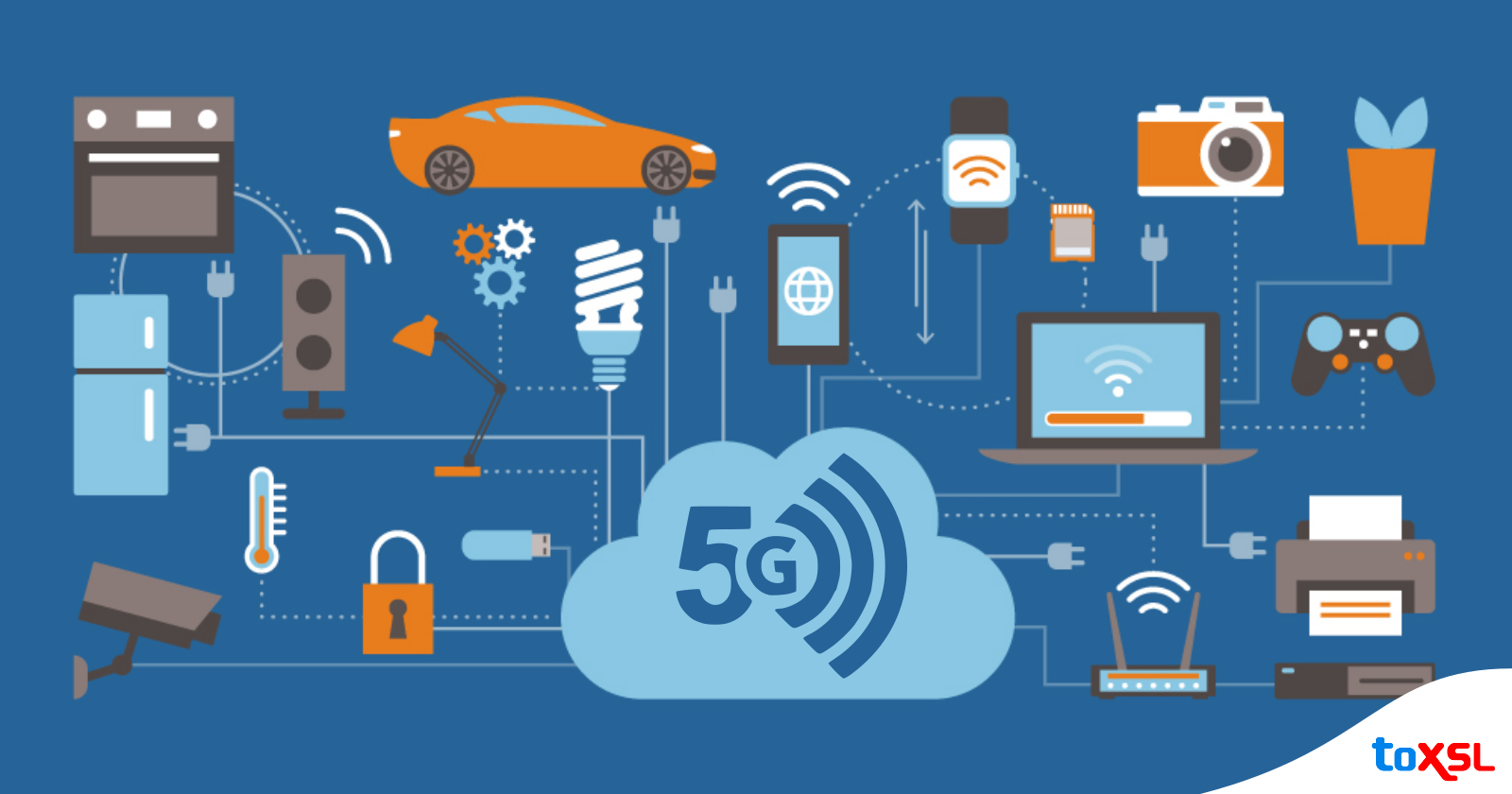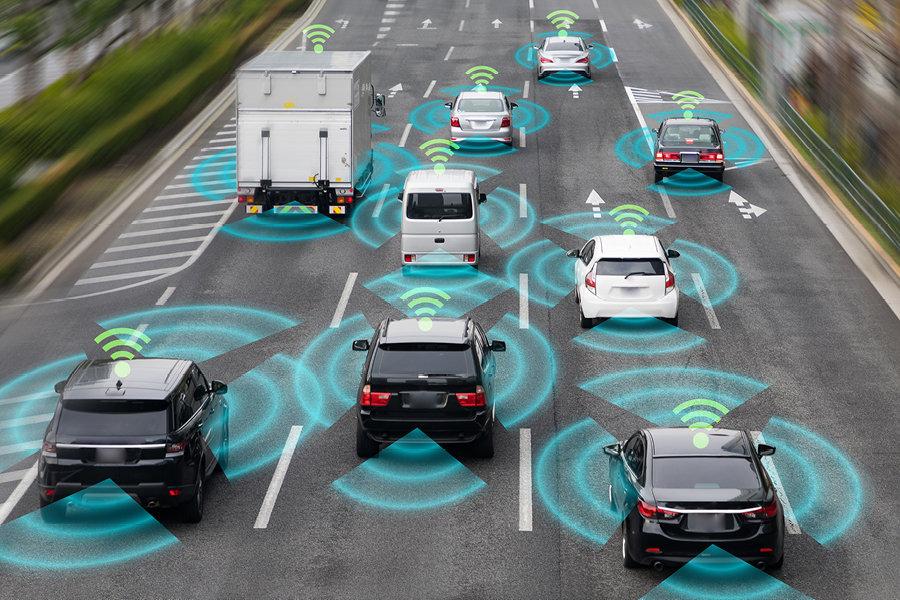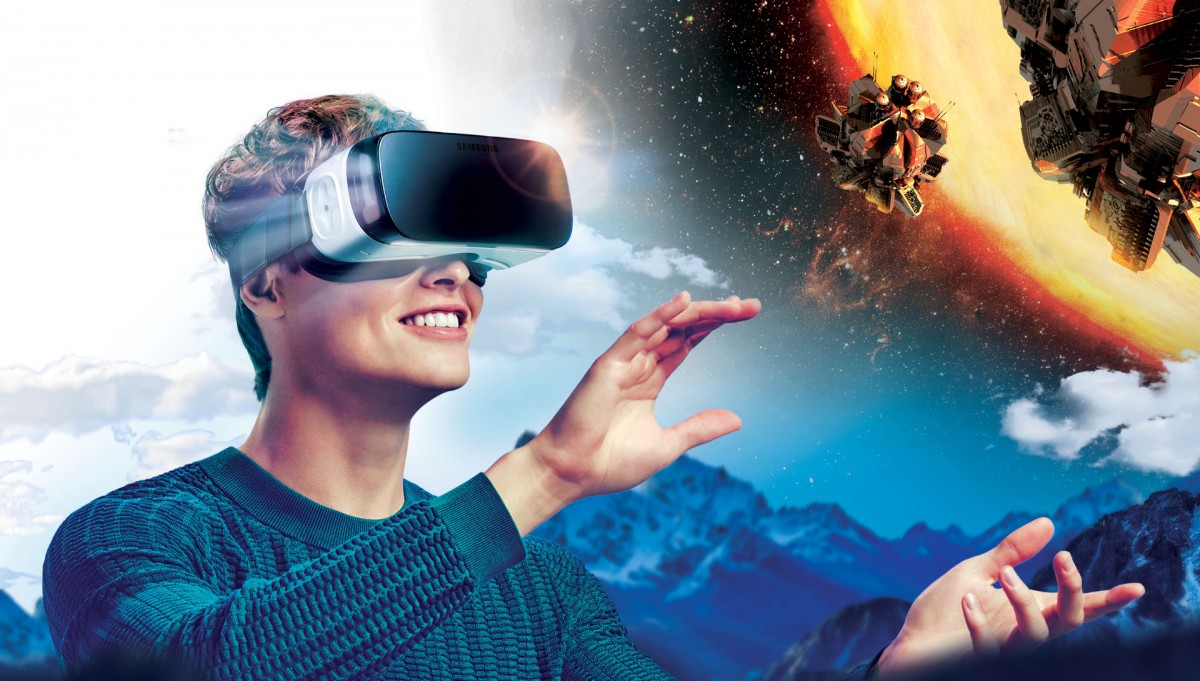In our last blog 5G: Exploring the Fifth Generation of Cellular Mobile Communications, we explored an overview of what 5G is and when it will be rolling out in your city.
Now, it is time for the fun stuff! 5G will change the way we interact with technology on a daily basis. Here’s a rundown of some of the revelatory applications enabled by 5G which will shape the future of our world:
THE INTERNET OF THINGS

In 2016, we wrote about how the Internet of Things will eventually enable smart-worlds. 5G is necessary in order to facilitate those changes. Most of the biggest innovations enabled by 5G are related to the Internet of Things. The world currently has sensors that are embedded in devices and objects and can communicate with each other, but they require a great deal of resources and quickly deplete LTE’s data capacity. 5G will give these sensors the ability to transmit data at speeds necessary to operate more efficiently. It will save lives by enabling smart bridges to communicate with cities and municipalities about when they require maintenance, among many other potential applications.
AUTONOMOUS VEHICLES

The world is at a cross-roads when it comes to autonomous vehicles. The demand is here, but in order to justify legislation, autonomous cars must be ostensibly fool-proof. 5G will enable the speed necessary for autonomous vehicles to communicate with other vehicles on the road, saving lives in the process. According to Joy Laskar, CTO of Maja Systems, self-driving cars of the future will generate an estimated two petabits of data—that’s two-million gigabits! When dealing with automotive vehicles, people’s lives will be dependent on the transmission of data. Put it simply, until 5G receives a mass roll-out, it’s unlikely that autonomous cars will become the primary vehicles on the road.
HEALTHCARE

Imagine remote diagnoses that enable people worldwide to have access to expert doctors. Imagine robot-assisted surgery that is more precise and cost-effective. Imagine 5G-powered Augmented Reality applications allowing physical therapists and patients to communicate remotely.
These are just a few of the innovations that 5G will enable within the healthcare space. 5G will eventually enable much more precise and efficient hospitals. It will give patients more personal care. Consulting firm IHS Markit reported that “5G-enabled” output between 2020 and 2035 will total at $12.3 trillion. Of that amount, roughly $1.1 trillion will encompass sales enablement in healthcare.
VIRTUAL REALITY AND AUGMENTED REALITY

Experts within the VR and AR industry believe 5G will unlock the full potential of VR and AR technology. 5G will enable VR devices to offload intensive computational work to the cloud, making VR devices smaller and increasing the fidelity of VR experiences. AR displays in autonomous cars will likely become the norm. 5G will enable VR live streaming of sporting events, creating a revolutionarily immersive viewing experience. As with autonomous cars, we will not see the full potential of VR until 5G receives mass adoption.
TAKEAWAYS
5G will permanently change the global economy. 5G will generate new revenue, facilitate new growth, and accelerate innovations beyond our wildest dreams. Dr. David Teece wrote that 5G will put mobile technology at the center of a global economy characterized by the Internet of Things turning into a true general-purpose technology. While each evolution of the cellular generation has brought amazing advancements to society, 5G promises to bring the most radical breakthroughs of any of previous generations. Ready or not, 5G is about to bring interconnectivity to a whole new level.

